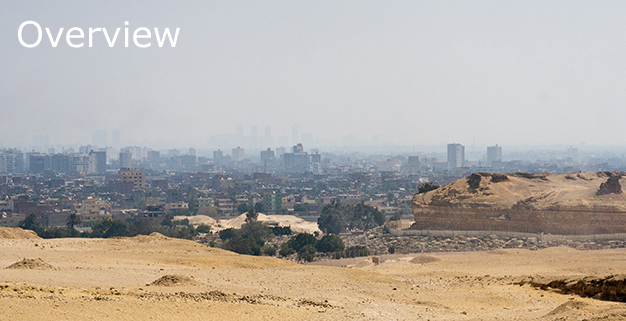
Overview
The Master Programme in Urban Design and Sustainable Revitalization offers a range of specialization options, encouraging collaboration with diverse disciplines both within and beyond the faculty. Through a multidisciplinary approach, graduates develop innovative, design-based, and integrated strategies for the sustainable development and revitalization of historic cities. By blending theoretical insights and practical experiences, our programme cultivates professionals capable of navigating urban complexities and making meaningful contributions to the future of urban design and sustainable development.
Aim
The aim of the programme is to develop international leaders equipped with exceptional knowledge, skills, and abilities in urban design. Graduates will be able to lead significant transformations or revitalization in existing urban areas, understanding the city as a whole and considering its unique cultural and developmental characteristics. They will have the skills to work effectively in projects and teams, and they will be capable of independently managing urban design and development tasks across different cultural and economic contexts. Moreover, they will be proficient in communicating in international settings.
Initiative
This programme builds upon the foundation of the Double Degree Master Programme in Urban Design – Revitalization of Historic City Districts, established in 2013. Drawing from a decade of successful experience and exchange with Egyptian partners, the new programme offers a more diverse curriculum and flexible structure, tailored to meet the evolving needs of students and to address the contemporary challenges of urban environments. Embracing recent paradigm shifts, the curriculum places a strong emphasis on the dynamic interplay between conservation and development in historic cities, in alignment with the Historic Urban Landscape approach (see 2011 UNESCO Recommendation). Hence, the programmes address the urgent global concerns surrounding climate crisis together with other the multifaceted challenges, including structural change, demographic shifts, economic decline, technological advancements, socio-spatial polarizations, and armed conflicts. By acknowledging these complexities, the programme advocates for a broader understanding of urban landscapes beyond traditional neighbourhoods, enabling integrated and context-based design solutions to improve the quality of life.
Highlights of the Programme
- Urban Design
- Interdisciplinary Collaboration
- Practical Engagement and Applicable Skills
- Global Perspectives and Cultural Exchange
- Commitment to Sustainability and Innovation
- Integrated approaches to Urban Conservation, -Design and -Development
The teaching and examination language for the Master's degree programme in Urban Design and Sustainable Revitalisation is English. Further information can therefore be found on the English-language websites of this degree programme.
